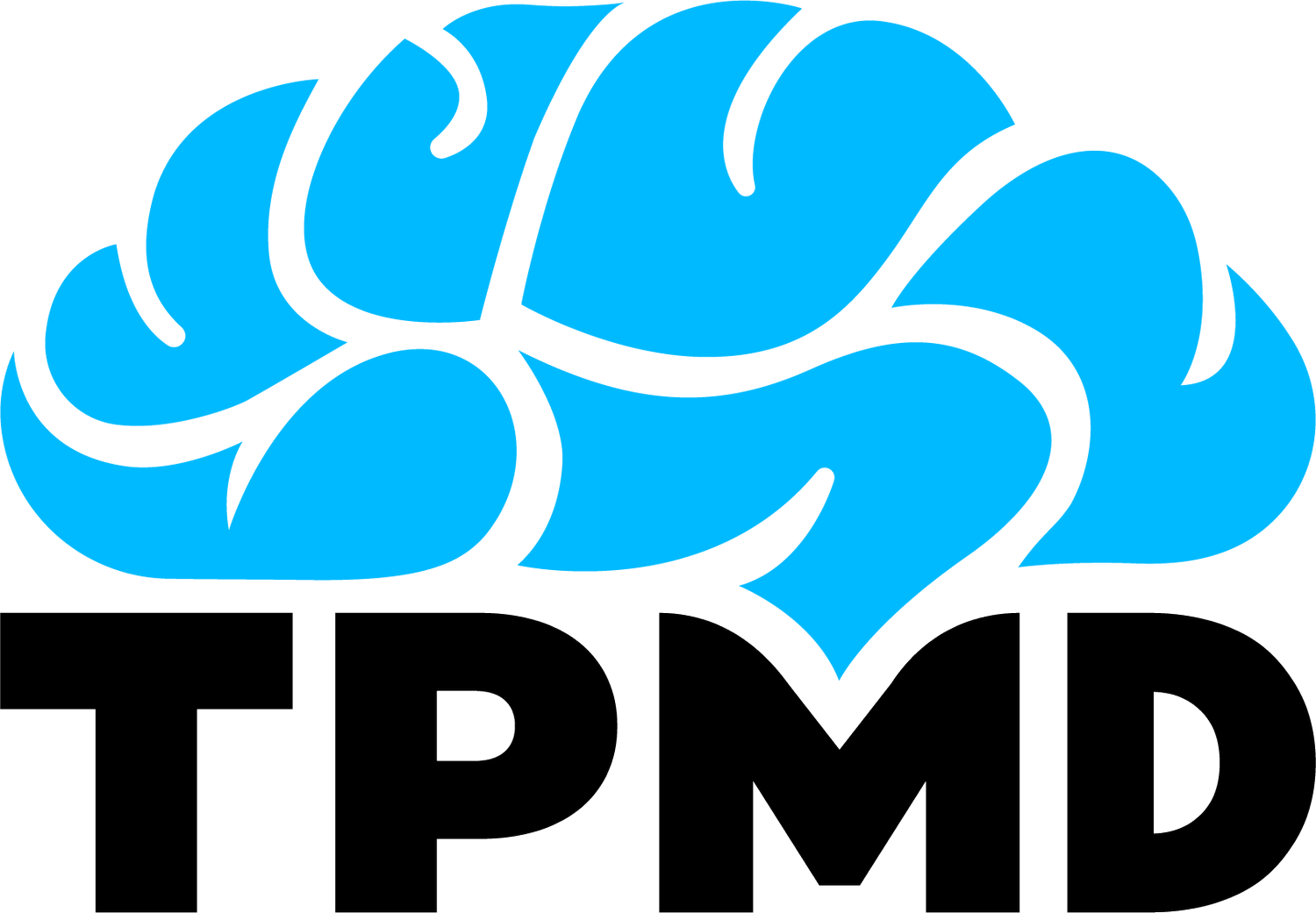
Learn About Our Services
Services
-
A psychiatric evaluation is a comprehensive assessment to understand an individual’s emotional, behavioral, and cognitive functioning. It typically includes a detailed history, mental status examination, and may involve screening tools or questionnaires. The goal is to diagnose mental health conditions, guide treatment planning, and support overall well-being in a compassionate, confidential setting.
-
Monitor Progress, adjust treatment plans, and provide ongoing support for any mental health concerns. We will review symptoms, medication effectiveness, side effects, and any new challenges to support long-term mental and emotional well-being.
-
Medication management is a focused service that involves prescribing, monitoring, and adjusting psychiatric medications to ensure they are safe and effective. It includes evaluating treatment response, managing side effects, and providing education about each medication. The goal is to optimize mental health outcomes through personalized, evidence-based care.
-
Concierge psychiatry is a premium, patient-centered mental health service that provides enhanced access to your psychiatrist, including longer appointment times, same- or next-day scheduling, and direct communication via phone, email, or text. This model emphasizes a highly personalized approach to care, allowing for more in-depth evaluations, comprehensive treatment planning, and ongoing support tailored to your unique needs—without the constraints of traditional insurance-based practices.
-
Family therapy is a supportive, solution-focused approach that helps families improve communication, resolve conflicts, and strengthen relationships.
-
Couples therapy is a collaborative process that helps partners improve communication, resolve conflicts, and deepen their emotional connection.
-
Cognitive Behavioral Therapy (CBT) is a structured, goal-oriented approach that helps individuals identify and change unhelpful thought patterns and behaviors to improve emotional well-being.
-
Item descriptionAutism testing is a comprehensive evaluation process that uses evidence-based tools and clinical interviews to assess for Autism Spectrum Disorder (ASD), providing a clear diagnosis and personalized recommendations to support development, communication, and daily functioning. We offer a range of testing services, please call for more information.
What We Treat
-
Adjustment disorder is a stress-related condition characterized by emotional or behavioral symptoms that arise in response to a significant life change or stressful event.
-
ADHD (Attention-Deficit/Hyperactivity Disorder) is a neurodevelopmental condition characterized by persistent patterns of inattention, hyperactivity, and impulsivity that interfere with daily functioning.
-
Bipolar disorder is a mood disorder marked by alternating episodes of depression and elevated mood (mania or hypomania) that can impact energy, activity levels, and daily functioning.
-
An eating disorder is a serious mental health condition characterized by unhealthy relationships with food, body image, and weight, often involving restrictive eating, bingeing, or purging behaviors.
-
Depression is a common mood disorder that causes persistent feelings of sadness, hopelessness, and loss of interest, affecting how a person thinks, feels, and functions daily.
-
Anxiety is a mental health condition characterized by excessive worry, nervousness, or fear that can interfere with daily activities and overall well-being.
-
Obsessive-Compulsive Disorder (OCD) is a mental health condition marked by intrusive, unwanted thoughts (obsessions) and repetitive behaviors or rituals (compulsions) performed to reduce distress.
-
Oppositional Defiant Disorder (ODD) is a behavioral condition in children and adolescents characterized by frequent patterns of angry, irritable mood, argumentative behavior, and defiance toward authority figures.
-
Suicidal ideation refers to thoughts about ending one’s life, ranging from fleeting considerations to detailed planning, and is a serious mental health concern that requires immediate attention and support.
-
Self-harm thoughts and behaviors involve intentionally hurting oneself as a way to cope with emotional pain, stress, or overwhelming feelings, and often signal the need for compassionate mental health support.
-
Schizophrenia is a chronic mental health disorder characterized by distorted thinking, hallucinations, delusions, and impaired functioning in daily life.
-
Psychosis is a mental health condition characterized by a loss of contact with reality, often involving hallucinations, delusions, and disorganized thinking or behavior.
-
Personality disorders are enduring patterns of thinking, feeling, and behaving that deviate from cultural expectations, cause distress or impair functioning, and affect interpersonal relationships and self-image.
-
Post-Traumatic Stress Disorder (PTSD) is a mental health condition that can develop after experiencing or witnessing a traumatic event, causing intrusive memories, heightened anxiety, and emotional distress.
-
Sleep disorders are conditions that disrupt normal sleep patterns, leading to difficulties with falling asleep, staying asleep, or feeling rested, and can significantly impact overall health and daily functioning.
